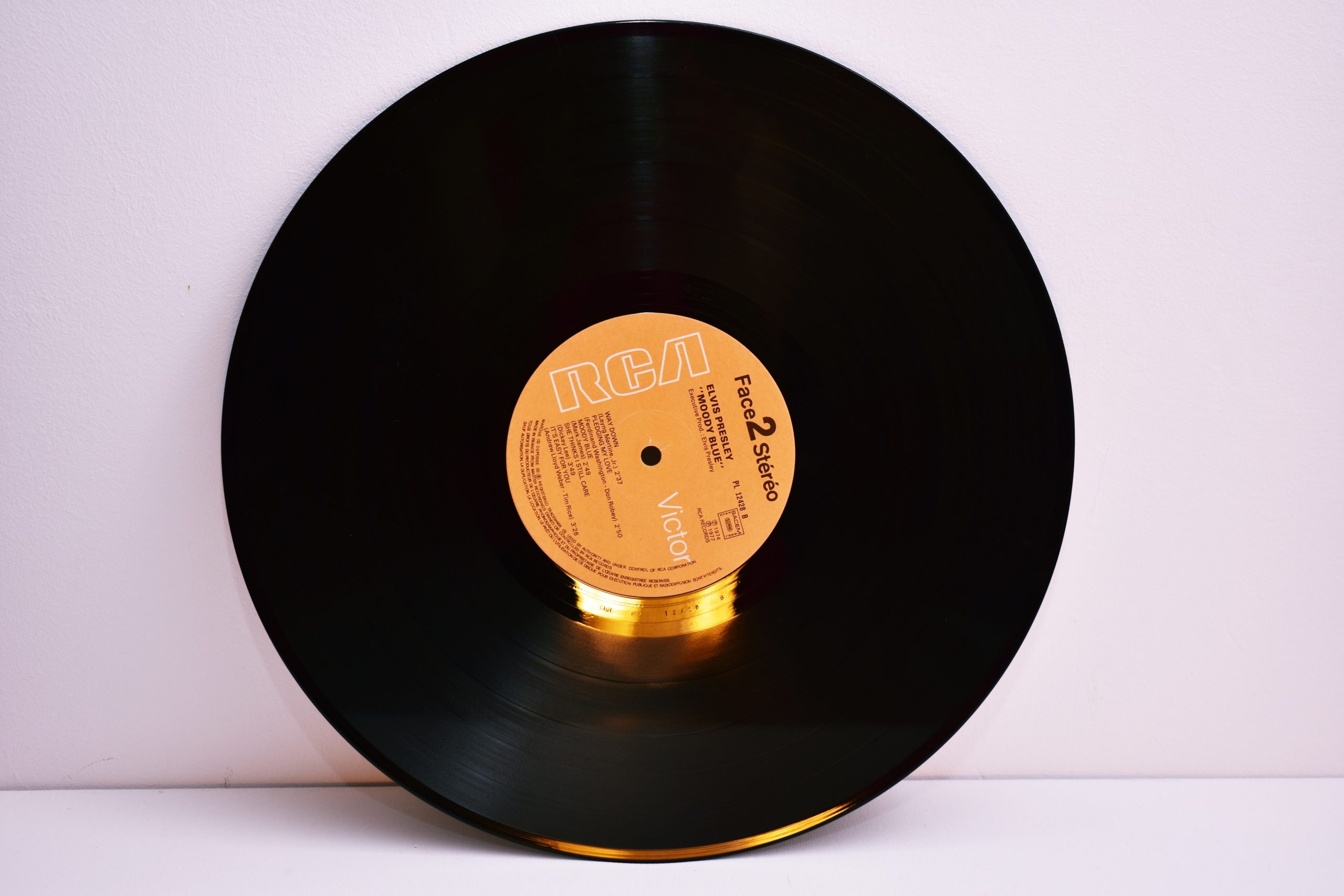
The rise of non-fungible tokens, or NFTs, has been a seismic change in the digital age. An NFT functions as a digital asset that creates a single coded imprint that makes it unique. Where this differs from traditional media is that the owner of an NFT can claim to have a unique item that is specific to their ownership.
The rock band Muse recently made headlines with the release of their ninth studio album, Will of the People. What made this release especially noteworthy was their statement that 1,000 copies of the album would go out to customers as NFTs. This means that fans would receive a unique set of FLAC files, as well as a custom sleeve from the band. In addition, the band would recognize buyers on a linked roster of their superfans.
A number of bands have acted to release their music as NFTs. However, Muse’s release has garnered press coverage as an album from a successful band that has a chance to register on the bestseller charts.
This is significant as a possible sign that NFTs could be the next big wave in music. By releasing an album in a limited quantity as an NFT, Muse and their record label have created both publicity and a sense of scarcity. While limited editions of albums have always existed in a physical form, the digital nature of NFTs has brought this concept into the 21st century. The fact that Muse’s new album rose into the bestseller charts indicates that there is room in the market for this new form of music distribution.
The idea of purchasing a piece of music, whether in a physical form like a record or CD, or a digital form as a download, has always operated in the same model. When you buy this music, you purchase a licensed version of the master recording that is identical to others for sale on the market.
Distributing music as NFTs changes this dynamic. A person purchasing an NFT also buys a digital signature, which makes it impossible to exchange or sell this property to another. This explains the “non-fungible” nature of these tokens. It gives the buyer permanent ownership of the item, and it is impossible to trade the item for anything else.
This signals a major change in the ways that record labels are selling music. By distributing music as NFTs, they are creating digital collector’s items in limited quantities. While an owner may sell their NFT, it is impossible to make copies. This added layer of security is another benefit of owning an NFT.
Talking with a distinguished music law attorney could help you better understand the concept of NFTs as it relates to merchandise. When combined with the emerging powers of cryptocurrency and blockchain technology, they offer new advances in the resurrection of the music industry. Contact the intellectual property attorneys at Lomnitzer Law for more information on IP and cyber law, and to schedule a consultation.